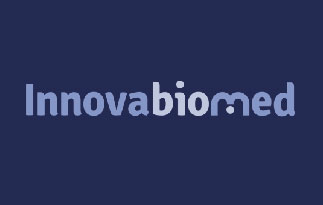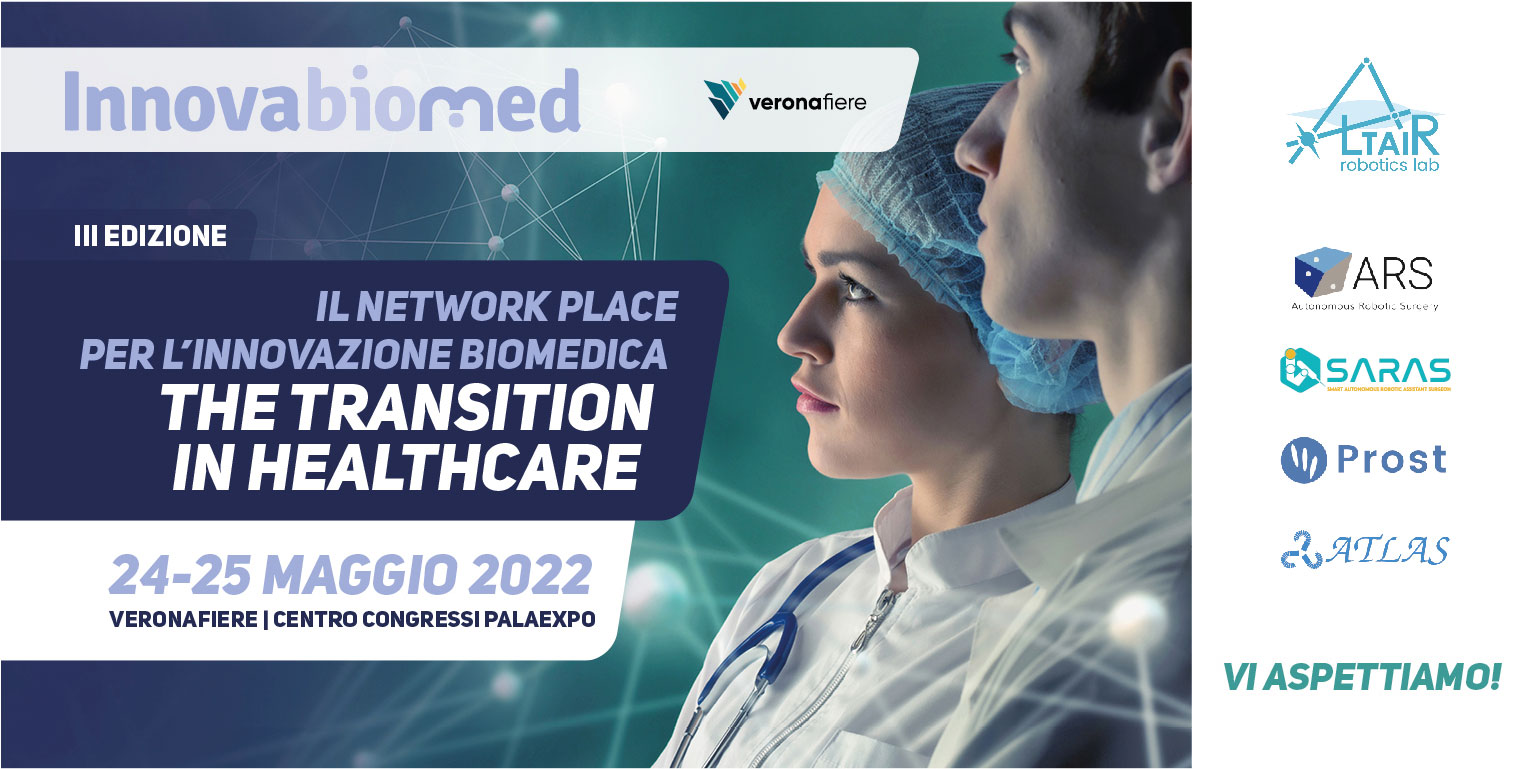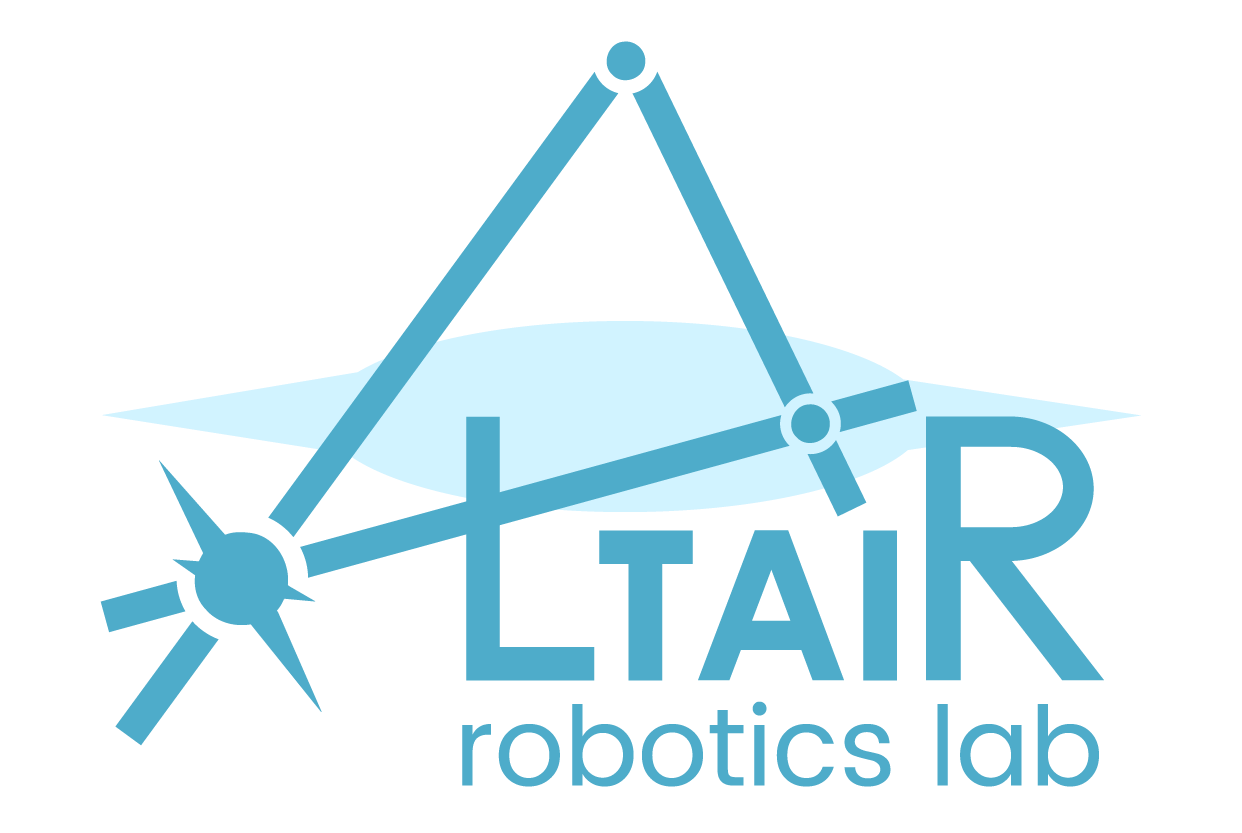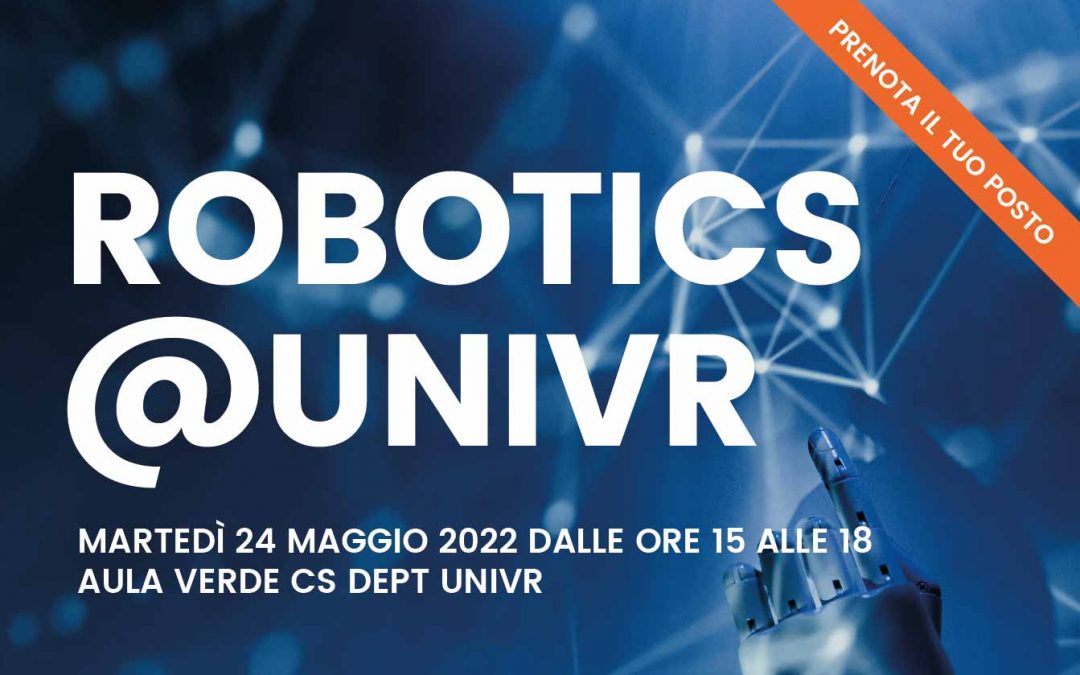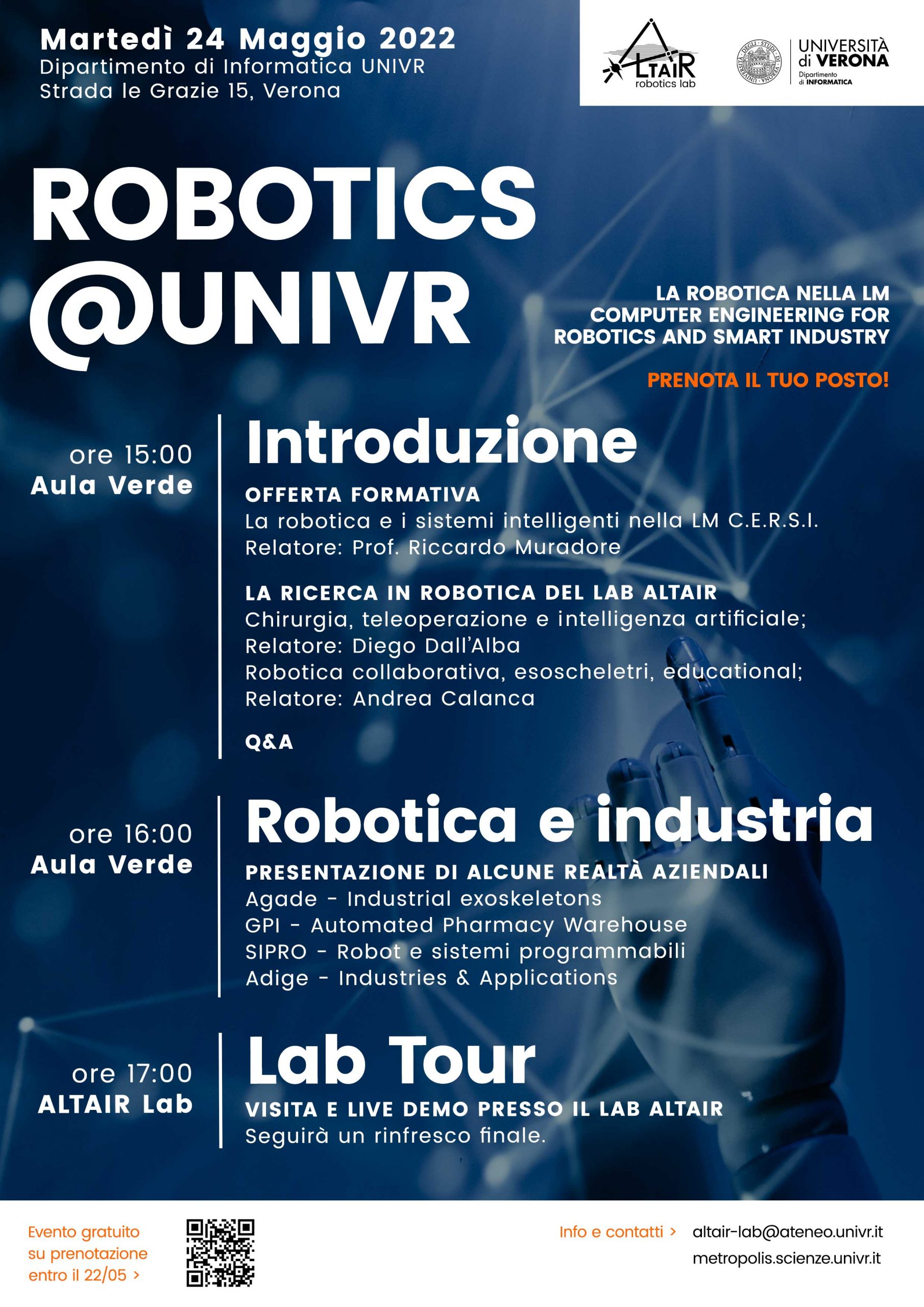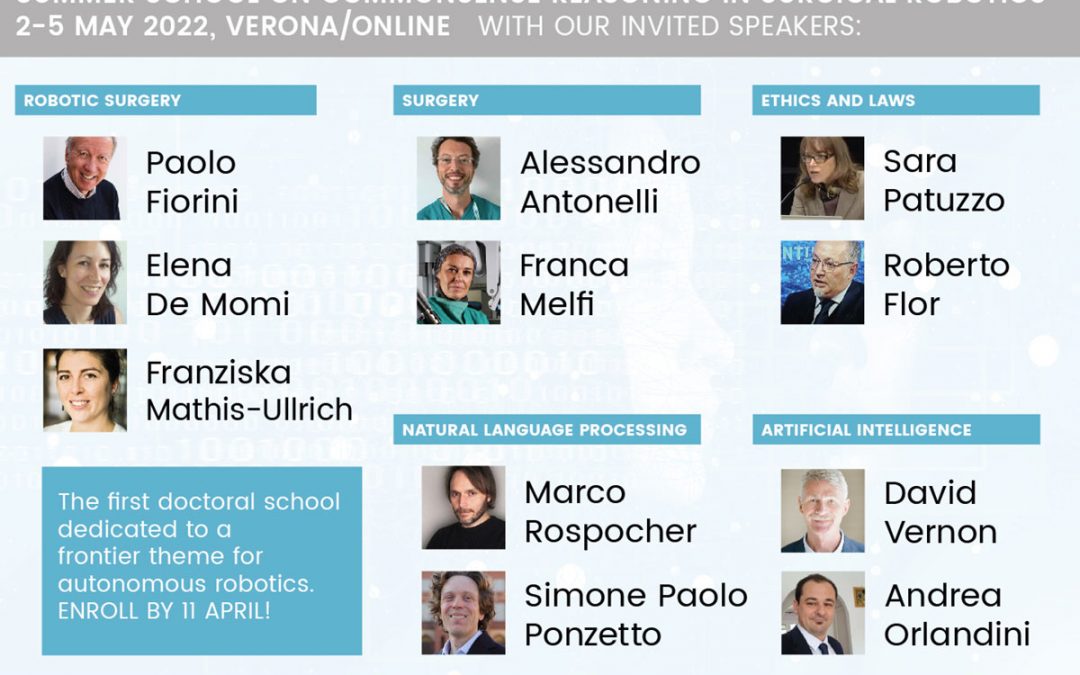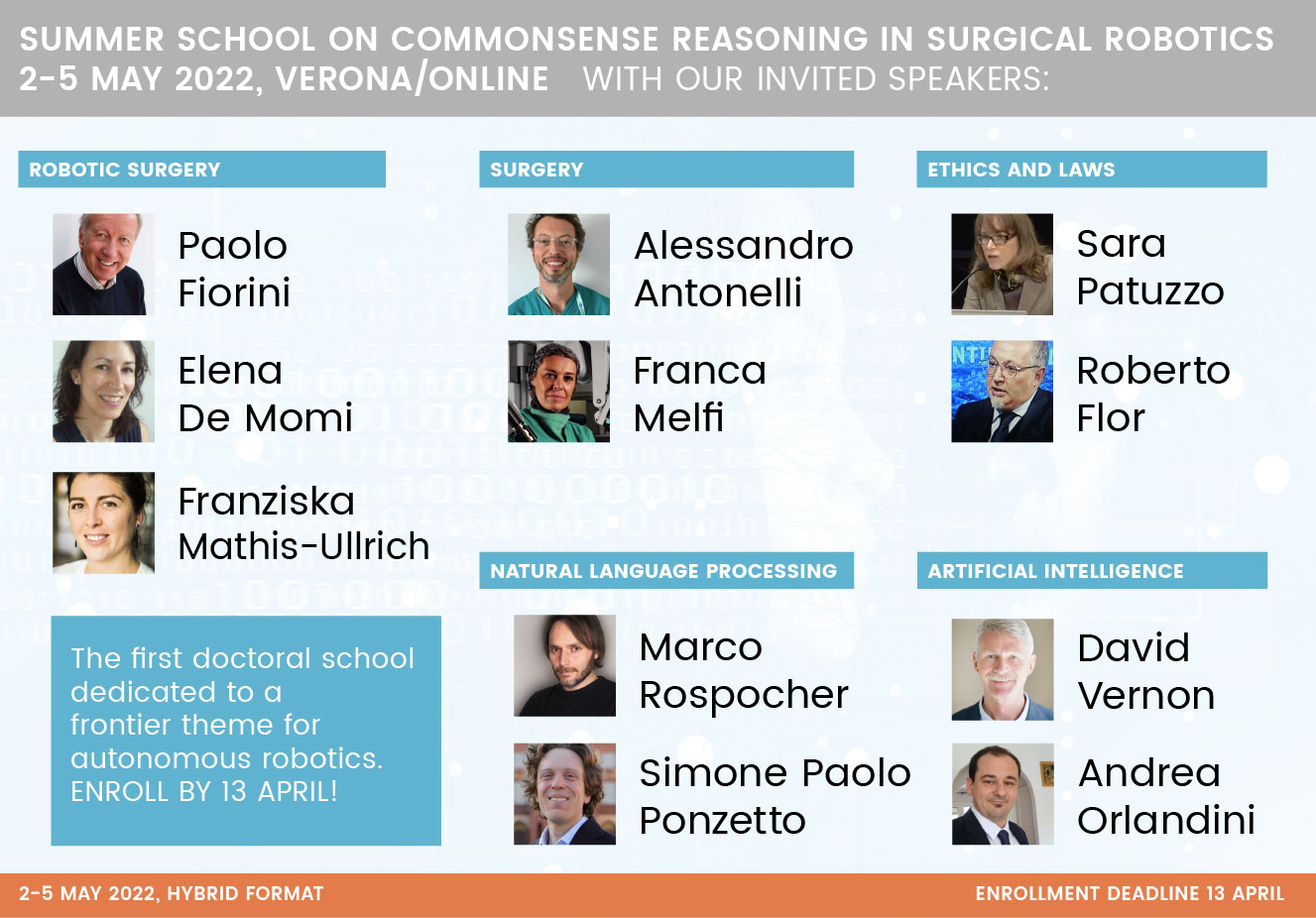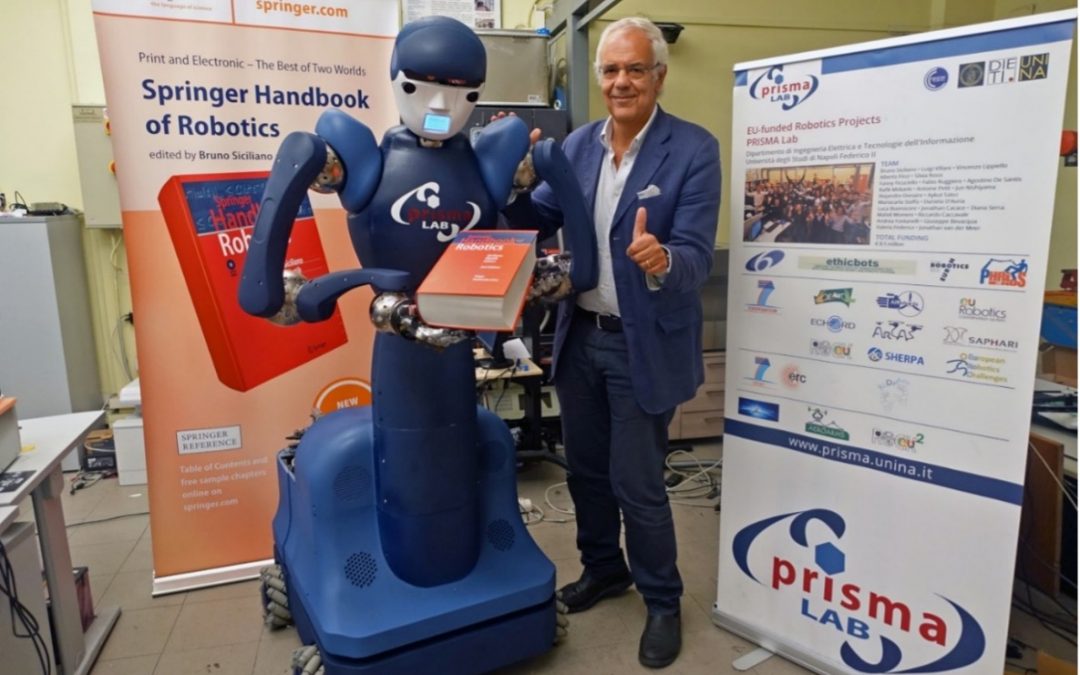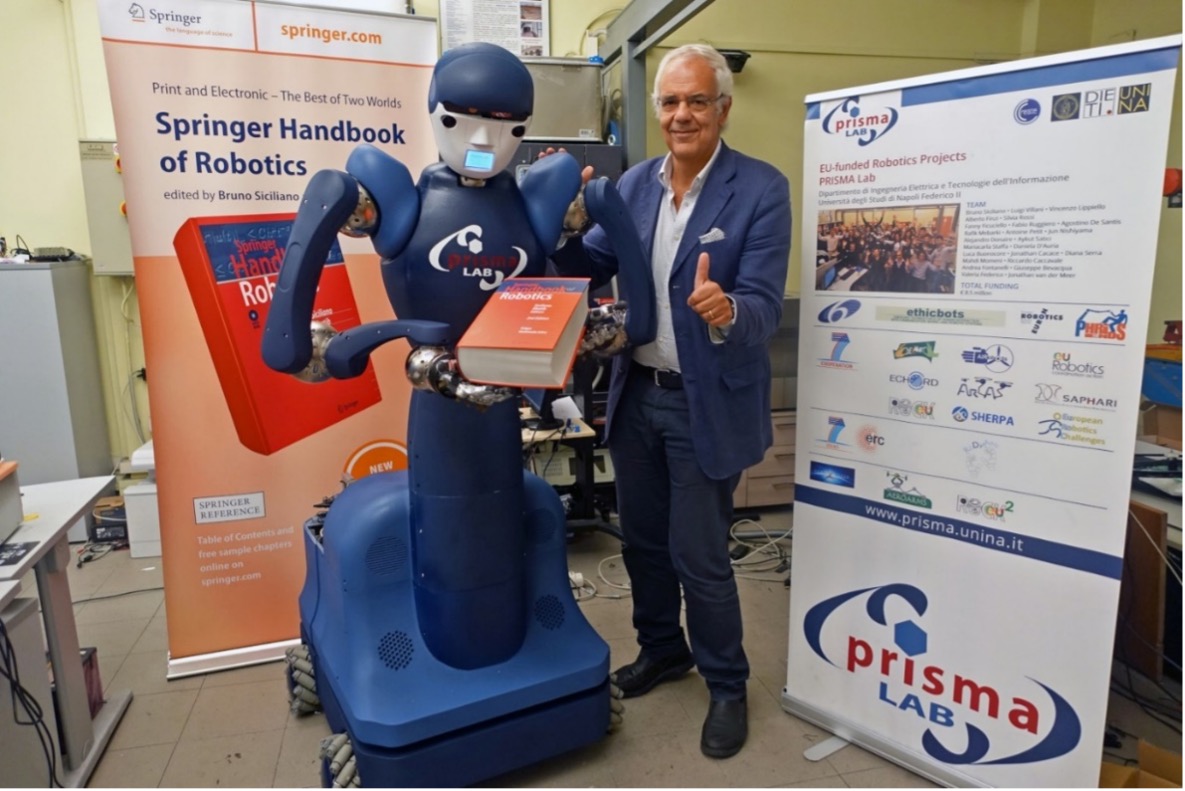We are pleased to announce the Summer school in “Commonsense reasoning in surgical robotics”, which will be held from 2 to 5 May 2022 in hybrid format: the lessons will take place online and at the Department of computer science UNIVR.
This new proposal is the evolution of COSUR summer school on the control of surgical robots and aims to investigate even more specifically the world of autonomous surgical robotics in its most advanced developments.
The school will bring together national and international experts to discuss issues related to commonsense reasoning in autonomous robotics – that is, all those innate skills and concepts that are natural to a human being, but must be taught to a robot in order to act independently. A pioneering topic for the scientific community, which has recently started to be discussed discussed thanks to the progress achieved in the technical field.
The school is characterized by a strong interdisciplinary connotation and includes specialists in robotics, artificial intelligence, medicine, ethics and law. Given the complexity of the topic, we strongly believe that only an integrated approach will to foster a broad and articulated vision on a horizon that is still little known. The teaching will includes lectures but also collaborative workshops and group activities to stimulate interaction between the participants.
